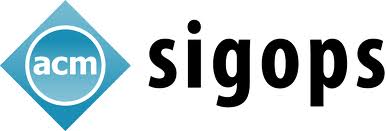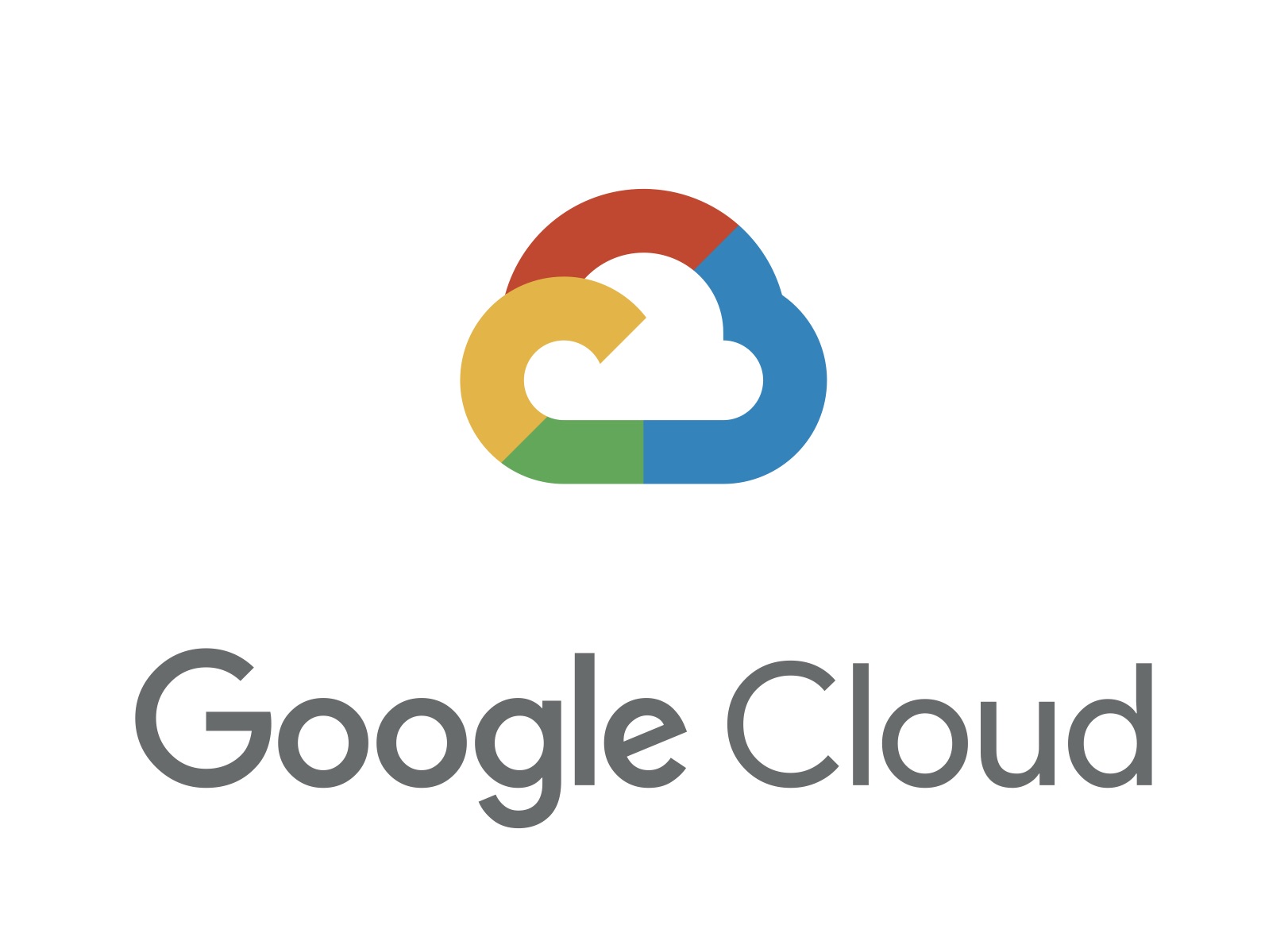Call for papers
The annual ACM Symposium on Cloud Computing (SoCC’20) brings together researchers, developers, users, and practitioners interested in cloud computing. ACM SoCC’20 is the 11th edition of the premier conference on cloud computing; it is the only conference co-sponsored by the ACM Special Interest Groups on Management of Data (SIGMOD) and on Operating Systems (SIGOPS). SoCC will be held in Seattle, Washington, to foster connections between the academic and industrial communities operating in the cloud space. We solicit original contributions on all aspects of cloud computing. We particularly encourage submissions on the research, development, practice, and experience of cloud computing systems and data management. Specific topics of interest include but are not limited to the following, when related to the cloud:
- Administration and Manageability
- Blockchain Systems
- Cross Datacenter Data Management
- Data Services Architectures
- Data Markets
- Distributed and Parallel Query Processing
- Distributed Systems
- Edge Computing and 5G
- Energy Efficiency and Management
- Fault Tolerance, High Availability, and Reliability
- IoT Infrastructure
- Large Scale Cloud Applications
- Services and Systems for Machine Learning
- Machine Learning for Systems
- Multi-Tenancy
- Networking, SDNs, Network Virtualization
- Operating Systems for the Cloud
- Platform for Services
- Privacy of Data and Computation
- Programming Models
- Provisioning and Metering
- Query Optimization
- Resource Management
- Scientific Data Management
- Security of Infrastructure and Services
- Service Level Agreements
- Storage Systems and New Technologies
- Tracing and Monitoring Systems for the Cloud
- Transactional Models
- Virtualization, Containers, VMs
Submission categories
Authors can submit a paper in one of the following categories:
- Research Papers describe original research, where novelty is a primary consideration.
- Industry and System Papers describe existing, often deployed systems, where the lessons from the experience are a primary consideration.
- Vision Papers describe speculative but well-reasoned and thought-provoking ideas, where insight is a primary consideration.
Submissions will be judged based on their originality, technical merit, relevance, value to the community, and likelihood of producing interesting discussions at the symposium. Submissions will be kept confidential until accepted. Rejected submissions will be kept confidential permanently.
As a special type of Research Paper, we call for Negative Result Papers describing promising and innovative ideas that didn’t work upon rigorous evaluation. The primary considerations when reviewing these papers will be the novelty and conceptual validity of the idea and the quality of the evaluation.
Submission guidelines
Authors must submit original papers that are not being considered for publication in other forums. Submissions cannot be accompanied by nondisclosure, confidentiality, or similar agreements.
Papers that violate the below requirements will be rejected without reviews. Judicious use of color is permitted, but the paper should print clearly in black and white. Non-rejected papers will be shepherded, and final acceptance will be conditional on the shepherd’s approval.
Reviewing for Research and Vision papers is double-blind . Authors must make a good faith effort to anonymize their submissions, and they should not identify themselves either explicitly or by implication (e.g., through the references or acknowledgments). Submissions violating the detailed formatting and anonymization rules will not be considered for review.
Reviewing for Industry and System papers is single-blind with respect to the company/product, but double blind with respect to the authors. That is, you need not anonymize the company or products/services you are referring to. However, you should not reveal the paper’s author names directly in your submission.
If you are uncertain about how to anonymize your submission, please contact the program co-chairs (contacts at the end of the page) well in advance of the submission deadline.
Paper format & fonts
Submissions must be in PDF format using 10-point font on 12-point leading, Times-Roman or similar typeface,
letter-sized paper, double column, a text block of 6.5 inches wide by 9 inches tall, with numbered pages.
A LaTeX template is available here, but authors can use other templates or editors that conform with the
requirements. (Please remember to suppress the author list from the submission)
Download the Latex Template
Page limit
Submissions can have up to 12 pages for Research, Industry, and System papers, and 5 pages for Vision papers; this limit includes the title, abstract, and appendices, but excludes references.
Paper type
After the author list, papers should indicate the submission type (research, industry, vision).
Diversity & inclusion
Submitters are encouraged to use inclusive language and examples in their papers. This includes using inclusive language in gendered nouns and pronouns (for example, see this article on gender-inclusive language), and inclusive examples when describing people (for example, see this blogpost on inclusive examples).
Concurrent submissions to arXiv
In addition to submitting an anonymized paper, double-blind reviewing requires that both authors and reviewers take care while reviewing is underway.
Authors are welcome to release their paper in a non-peer-reviewed location (such as a technical report by your institution or arXiv), but you should not broadcast information about the publication widely. For example, do not post it to large mailing lists or social media forums where PC members would easily encounter it, and do not do general press releases. Authors are also welcome to talk about their work (as work-in-progress) at local institutions. In either case, authors should be aware of PC members who might encounter the work and avoid sharing the work in a way that makes it more likley.
PC members and other reviewers are expected to not actively attempt to deanonymize papers. In either case, if there is a breach of double-blind reviewing, the author and the reviewer should report it to the PC chairs.
Posters
Details and deadlines for poster submissions will be available in the call for posters. Papers accepted to the conference are automatically allowed to have a poster.
Deadlines
Registration deadline: 18 May 2020 11:59:59pm EST
You can register new submissions until this deadline.
Submission deadline: 26 May 2020 11:59:59pm EST
Papers must be submitted by this deadline to be reviewed.
Submission site
The paper submission site is now online at https://socc20.hotcrp.com/
Questions?
Email any questions you have to the PC chairs: Beng Chin OOI (ooibc@comp.nus.edu.sg) and Christina Delimitrou (delimitrou@cornell.edu).








